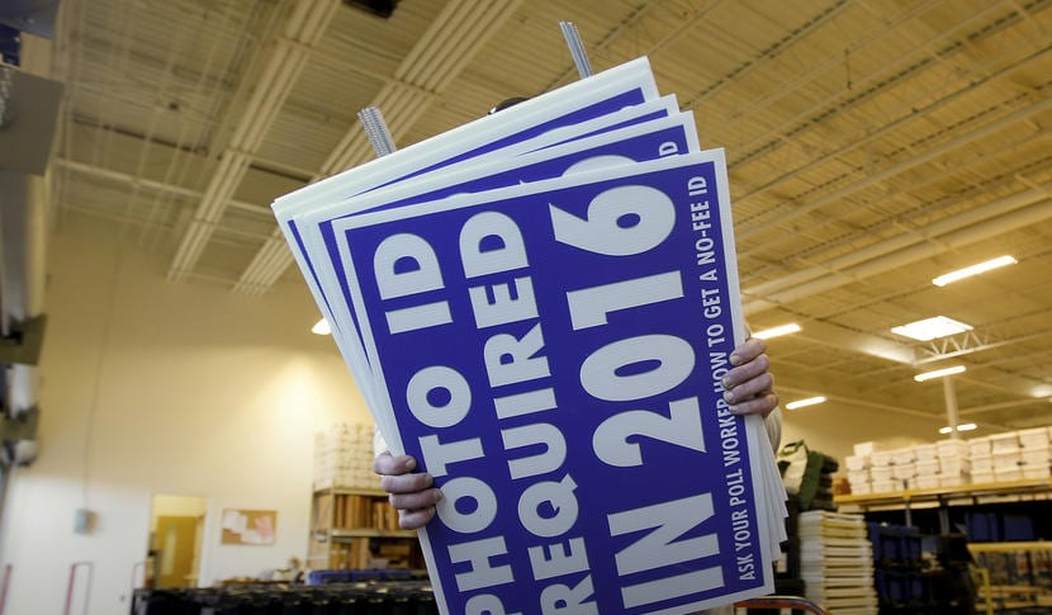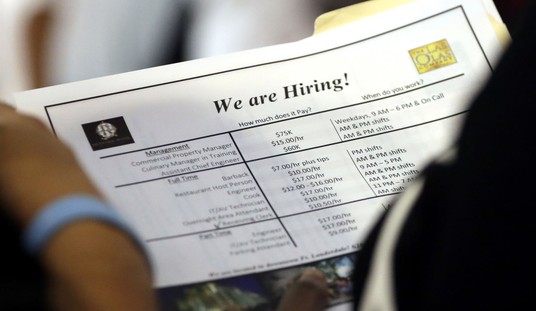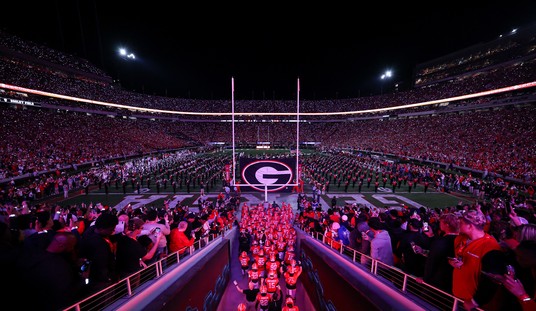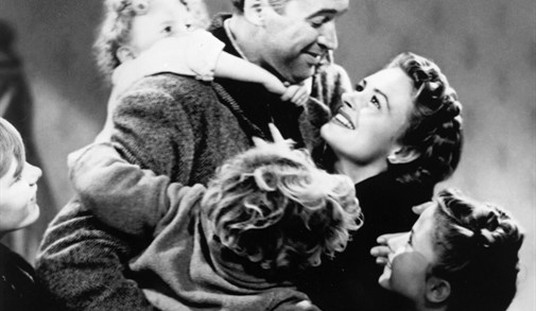In a 485-page opinion, a federal judge in North Carolina decimated the challenge to North Carolina’s Voter ID law and other election integrity reforms. Leaving no stone unturned, Judge Thomas D. Schroeder picked apart the claims by left-wing organizations such as the NAACP and League of Women Voters that these election integrity reforms violate the 1965 Voting Rights Act.
In 2013, the North Carolina legislature enacted a Voter ID requirement, reduced the number of days for early voting, and no longer allowed sixteen- or seventeen-year-olds who will not be eighteen by the time of the next election to “pre-register” to vote.
The challengers to these election integrity measures include the Obama administration itself — via the Voting Section of the Justice Department — and a host of leftist groups and big law firms which represent them free of charge. These challengers claimed the new rules discriminate against African American and Hispanic voters.
The judge blew up the idea that Voter ID law doesn’t have a purpose. He noted that prior to the Voter ID law, poll workers served “as the primary gatekeepers to voter fraud,” yet remarkably they “had very limited means of determining whether the voter was the same person as the registrant.”
The judge also had choice language for those who bluster about “voter suppression”:
Plaintiffs have characterized the bill as a “monster voter suppression law,” focusing on the fact that it emerged at fifty-seven pages. However, in truth, most of [the law’s] changes — some forty-two of the fifty-seven pages (74%) — have gone unchallenged in this case.
This bluster is typical, and revealing. A number of years ago the Obama administration itself approved a Voter ID law in New Hampshire, but these groups didn’t offer a peep of criticism about that decision.
Instead of preventing minorities from voting in North Carolina, the judge found that African-American participation actually increased after the passage of the election changes. The 2014 elections saw an increase in voter turnout overall, with “African American turnout increas[ing] more than other groups in 2014.”
The opinion also dealt a blow to those clamoring to make elections longer through early voting. The challengers claimed that reducing the length of early voting to contain costs was somehow racially motivated. However, the judge found that “early voting actually tends to depress participation,” and upheld North Carolina’s new election schedule.
One of the most revealing parts of the opinion is how the Court found the parade of witnesses and the case presented by the DOJ and left-wing groups to be thoroughly unconvincing.
One such witness, apparently “featured” by the plaintiffs, was Nadia Cohen, a high school student slated to start college at UNC Chapel Hill in Fall 2015. Ms. Cohen turned 18 before the 2014 general election, but she missed the registration deadline. According to Ms. Cohen:
I didn’t know there was a registration deadline. I didn’t know I could do — I couldn’t do same-day registration. And it’s not that I don’t, like, pay attention to the news or anything. It is just my two main sources of information, which are my parents and my school, either didn’t know or didn’t tell me, or at least not with enough time.
Ms. Cohen was asked if she had researched the registration deadlines. She responded:
No. It’s not something that particularly interests me. I just assumed that it would be as it had been for my older brother and my older sister and my parents, you know, a convenient location, you know, I wouldn’t have to go out of my way. My parents registered when we moved to North Carolina and they got their North Carolina driver’s license. My brother registered in school. No one had to go out of their way to register, and I thought that, you know, it would be the same for me.
The court was shockingly not persuaded by this testimony:
Ms. Cohen makes clear that, for some, given the myriad of options available in the modern age, failure to register and vote is more a reflection of motivation than ability.
That isn’t what the left-wing groups or the DOJ want to hear, as they believe legal structures must accommodate bad decisions and apathy.
Plaintiffs’ experts similarly failed to persuade the Court. For example, during trial it became known that Morgan Kousser, Ph.D., a California resident presented as a neutral expert, made a campaign contribution to a North Carolina Democrat in 2014.
Another expert, questioned about a relevant U.S. Supreme Court case, stated that the highest court in the land’s opinion “doesn’t constitute an informed opinion or an informed knowledge about voter fraud” since “it doesn’t sort of meet my standards of having a correct understanding about the evidence.”
Allan Lichtman — presented as an expert in political history and electoral analysis in order to show the supposed discriminatory intent of the law — was discredited by the court altogether:
First, although Plaintiffs argued otherwise, Dr. Lichtman’s ultimate opinions on legislative intent, like those of Plaintiffs’ other two experts on legislative intent … constituted nothing more than his attempt to decide the ultimate issue for the court, rather than assisting the trier of fact in understanding the evidence or any fact at issue … The court doubts seriously that this is the proper role for expert testimony … Second, and independently, the court disregards Dr. Lichtman’s opinions because his approach was single-minded and purposefully excluded evidence that contradicted his conclusions.
The challengers failed on every front. According to the Court, the challengers inferred racial intent where there was no evidence of such. In fact, North Carolina acted rationally and responsibly in enacting the election changes. Specifically, the legislature relied upon extensive evidence — including testimony from one of PJ Media’s writers, Hans von Spakovsky. Von Spakovsky provided evidence to the legislature of prior instances of voter fraud, and importantly, of the benefits of a Voter ID provision in light of the minimal burdens on voters. Such testimony was found to be “consistent with other authoritative sources.”
The Court noted the efforts the state has gone through to inform the public on the Voter ID requirements, from radio and TV advertisements to printed materials.
The Court’s analysis on the plaintiffs’ Voting Rights Act claims is especially important:
[The] plaintiff also bears the burden of demonstrating that the inequality of opportunity is “caused by or linked to ‘social and historical conditions’ that have [produced] or currently produce discrimination against members of the protected class.”
This means that plaintiffs must do far more than show that a particular election law has a racial impact that falls more heavily on one group. The left simply wanted to create a federal lawsuit whenever an election change might impact Democrat voters more than Republican voters. The Public Interest Legal Foundation presented this same argument in the challenge to the Virginia Voter ID law in a brief I filed.
It is important to realize that the court preserved the balance between state and federal power. States have the power under the Constitution to run their own elections. Some powerful interests want that to change. But the Founders intended that such policy decisions be left up to the branch of government closest to the people.
Thankfully, one federal court agrees.









Join the conversation as a VIP Member